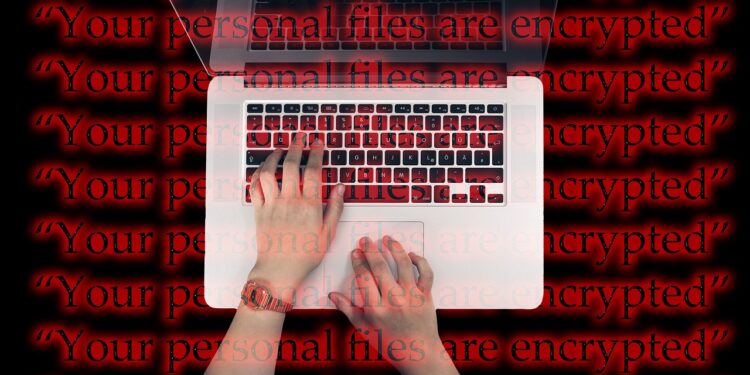Europe is facing the threat of cyber attacks. Russia’s increasing cyber operations in particular continue to cause concern across the continent. A UK official drew attention by saying, “Cyber warfare can be destabilizing and destructive. Russia could turn off the lights for millions of people with a cyber attack.”
As these threats become increasingly serious, European countries have also begun to increase their precautions. Sweden has informed its citizens with a brochure called “If Crisis or War Comes,” while Germany has decided to develop a mobile application so that people can reach the nearest shelter in the event of an attack.
Germany’s proposal is quite striking. The country is encouraging the public to have three days’ worth of emergency supplies and provisions in case of possible prolonged power outages and cyber attacks. Such measures show how much serious progress Europe has made in cybersecurity.
And let’s take a look at the Netherlands’ move. In the country, the government is preparing to advise its citizens to keep some cash at home in response to the increasing threat of cyber attacks. The importance of cash in case banking systems are blocked by a cyber attack was emphasized by the Dutch Banking Association. This call was made due to concerns that digital systems could be disabled at any time and that citizens would need cash to be able to shop in the event of a possible crisis.
The real truth behind these developments is how vulnerable Europe’s digital infrastructures are and how quickly states need to take action by taking this threat seriously. Governments, public institutions and the private sector must come together to take rapid steps to strengthen their cybersecurity strategies. If a strong cyber defense strategy is not developed against these threats, perhaps “digital darkness” could quickly become a reality.



































